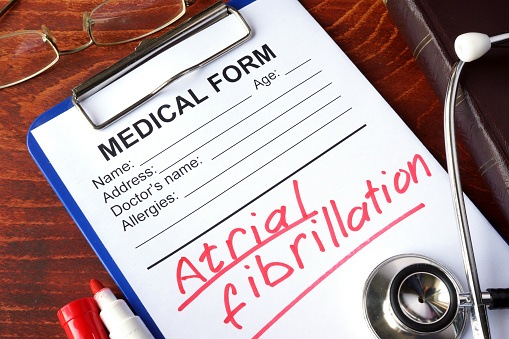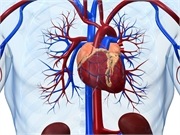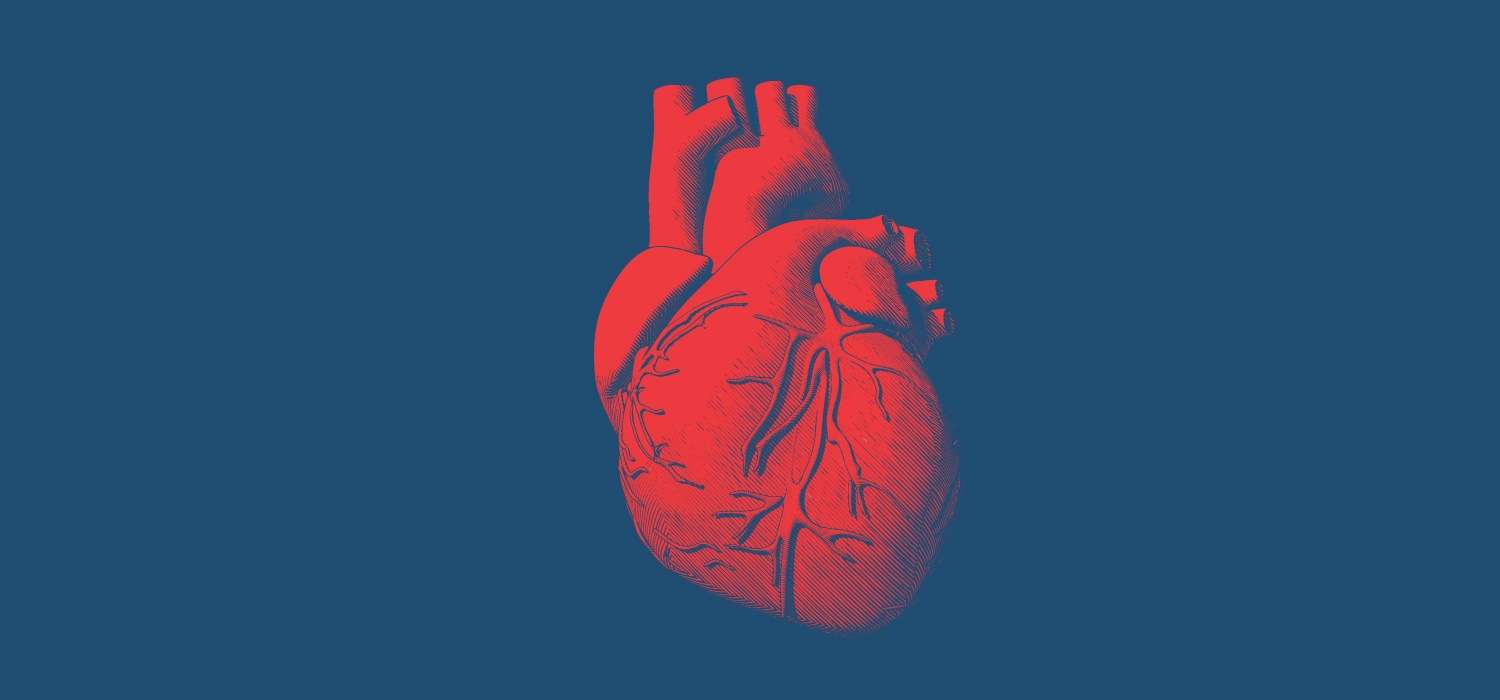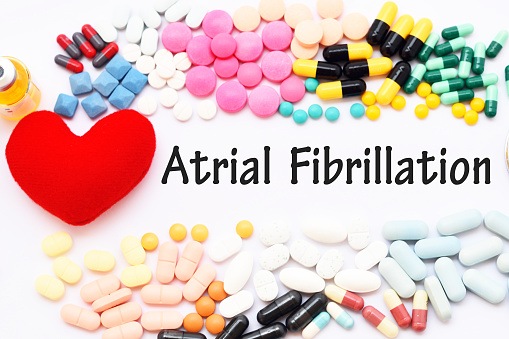A study suggests that drinking caffeinated coffee potentially increases physically activity, but its consumption is also associated with reduced sleep, and an augmented number of abnormal heartbeats. The study was presented at the American Heart Association’s Scientific Sessions 2021.
In this study, led by Gregory Marcus, MD, MAS, associate chief of cardiology for research and endowed professor of atrial fibrillation research at the University of California, San Diego, a total of 100 adult volunteers were randomly assigned to either avoid or drink coffee for no more than two consecutive days each for 14 consecutive days. They wore continuously recording ECG devices to track heart rhythm, wrist-worn devices to track physical activity and sleep, and continuous glucose monitors to track blood sugar levels. Coffee and espresso consumption were recorded in real time on the ECG monitor, and researchers tracked trips to coffee shops with geotracking. In addition, participants submitted daily questionnaires to describe how much coffee they drank every morning.
Analysis of data associated coffee consumption showed a 54% increase in premature ventricular contractions. Notably, drinking more coffee was correlated with fewer episodes of supraventricular tachycardia.
Other findings included:
- On coffee consumption days, participants logged more than 1,000 additional steps per day on coffee consumption days versus days they did not drink coffee.
- Participants had 36 fewer minutes of sleep per night on days they drank coffee, according to their Fitbit devices.
- Consuming more than one coffee drink more than doubled the number of irregular heartbeats arising from the heart’s lower chambers.
- Each additional cup of coffee was associated with nearly 600 more steps per day and 18 fewer minutes of sleep per night for each cup drank.
- No differences were found in continuously recorded glucose measured when the participants consumed versus avoided coffee.
- Participants with genetic variants associated with faster caffeine metabolism exhibited more abnormal heart beats when more caffeinated coffee was consumed. The slower an individual metabolized caffeine, the more sleep they lost when they drank coffee.
“More physical activity, which appears to be prompted by coffee consumption, has numerous health benefits, such as reduced risks of Type 2 diabetes and several cancers, and is associated with greater longevity,” Dr. Marcus concluded. “On the other hand, reduced sleep is associated with a variety of adverse psychiatric, neurologic, and cardiovascular outcomes. More frequent abnormal heartbeats from the upper heart chambers influence risk of atrial fibrillation, and more frequent abnormal beats from the lower chambers, or ventricles, increase the risk of heart failure. These results highlight the complex relationship between coffee and health.”







 © 2025 Mashup Media, LLC, a Formedics Property. All Rights Reserved.
© 2025 Mashup Media, LLC, a Formedics Property. All Rights Reserved.